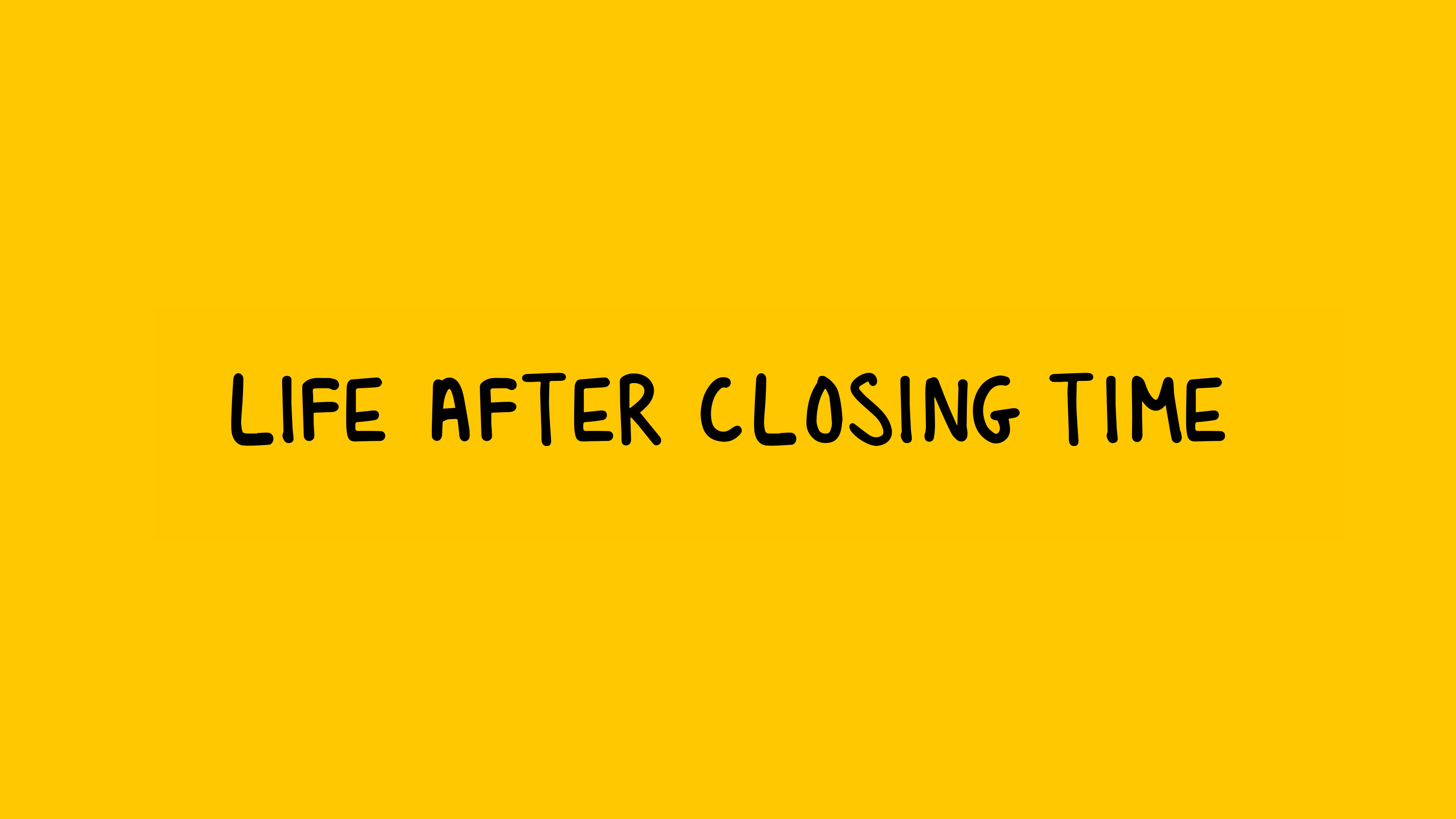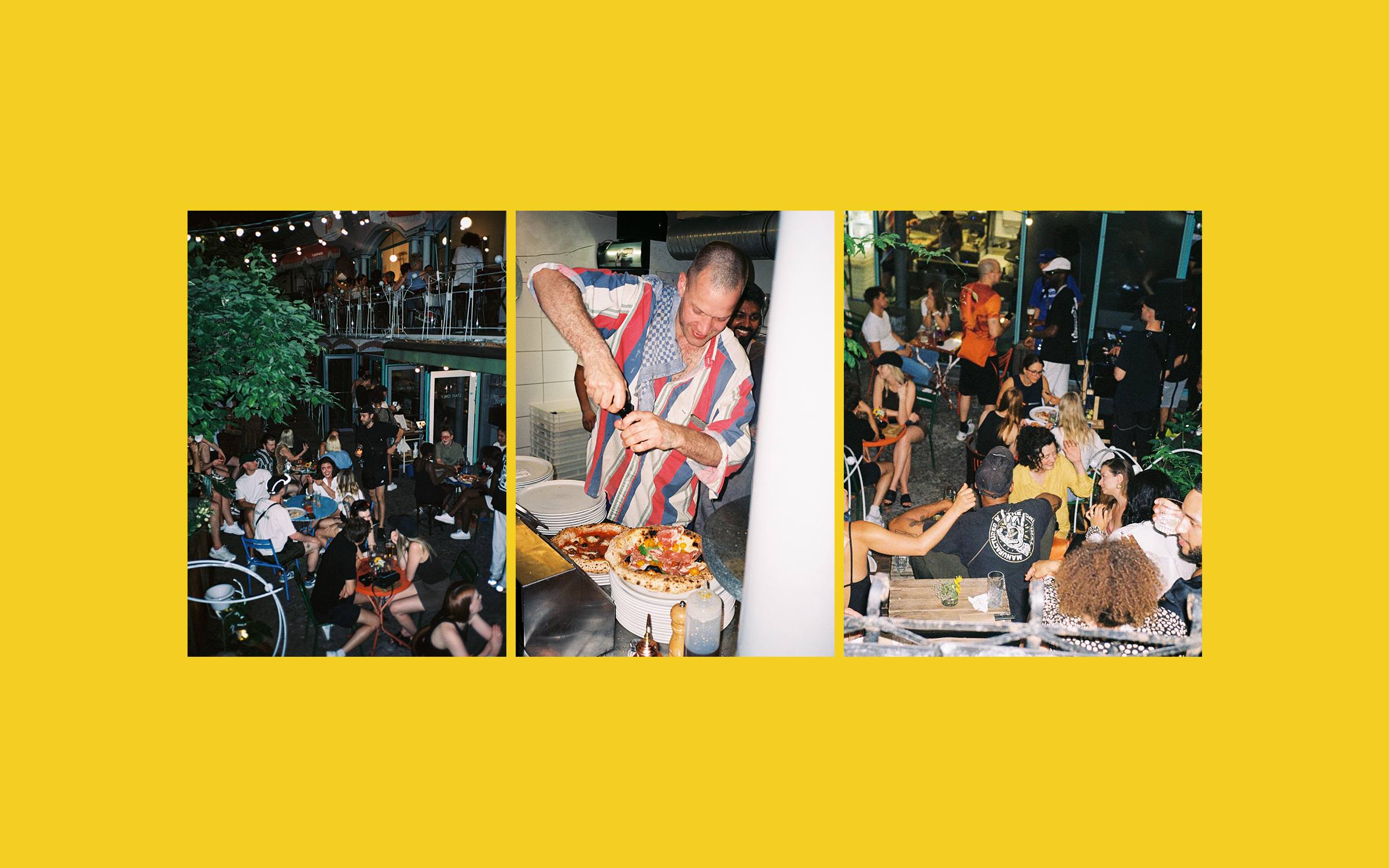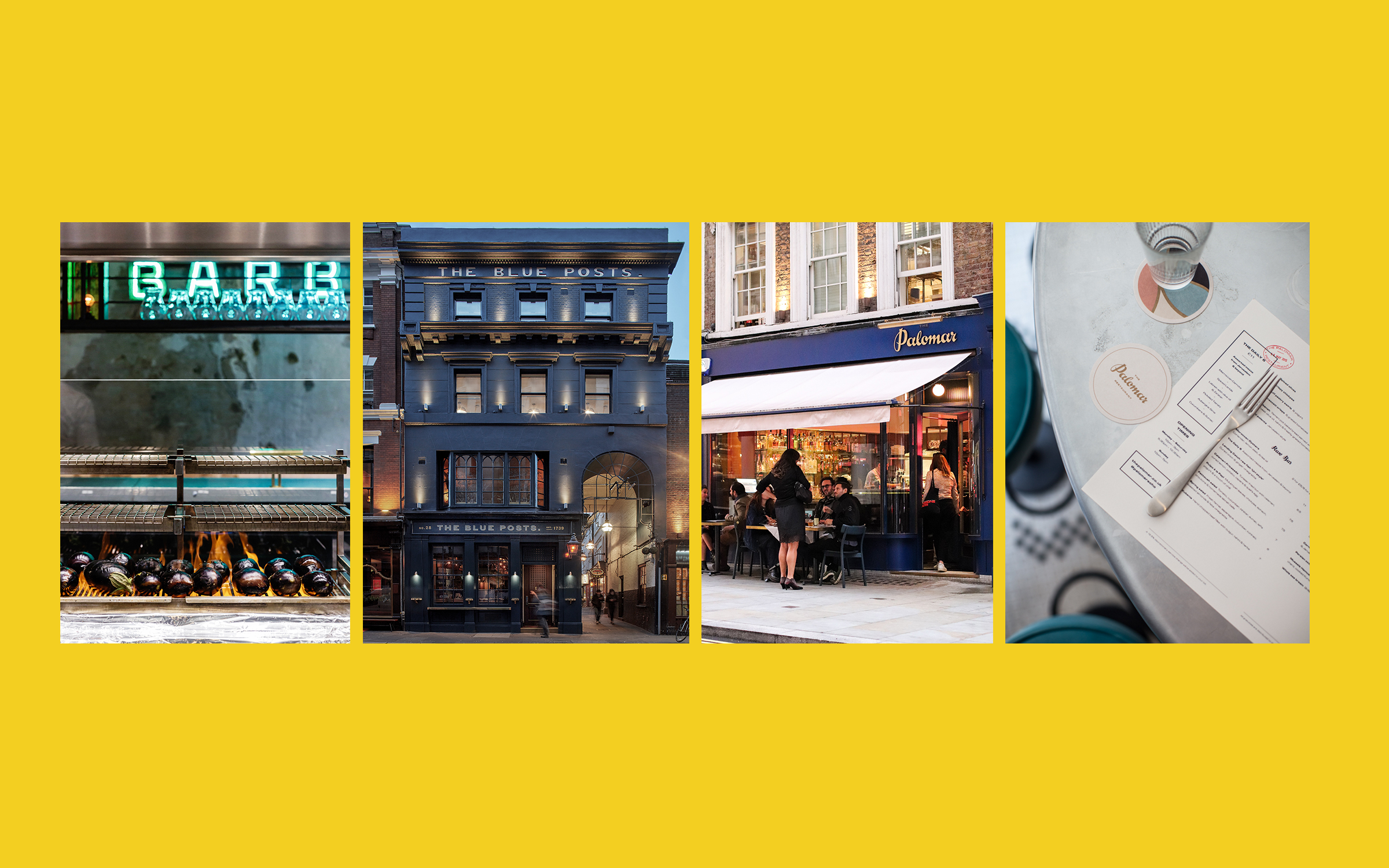Forced evictions or fresh starts—people leave the music industry for various reasons. We talked to club workers who changed course and navigated away from nightlife.
This article is part of Elijah’s guest edited month of March, specially curated content published with the intention of demystifying the music industry.-In a matter of four years, Berlin promoter Tim Ligtenberg, AKA Tiny Tim, went from throwing hip-hop nights at Kreuzberg venue St. Georg to operating a pop-up pizzeria. St. Georg was a popular haunt in the rapidly gentrifying neighbourhood and leaseholders fought to hold onto the basement space for a year. But it was sold to new owners in 2018 and transformed into an office block.Tiny’s parties stood out in Berlin’s techno-heavy scene for their emphasis on funky music and artists of colour. On Friday nights, he booked acts that played a wide spectrum of R&B, hip-hop, soul, funk, jazz, trap and Afrobeats. “Berlin is super progressive, but when it came to Black music culture, it wasn’t at all, and pretty far behind because you couldn’t really go to many places to hear this kind of music,” he tells me. Collectives like London’s Pussy Palace hosted these parties and Tiny served up fresh slices from a small electric oven. He’d entertained this desire to distribute pizza at social gatherings for several years, taking his We Boogie event series and electric pizza maker to Amsterdam, Paris, Warsaw, Antwerp, London, Lithuania and other cities in Germany. He also held gigs at St. Georg before becoming part of the team.In the aftermath of St. Georg’s closure, he curated several Boiler Room events in Germany and the Netherlands but it was pizza that defined the next phase of his career. As he began to take it more seriously, he combined pizza with We Boogie events at venues like Prince Charles and the Weekend Club. “I grew up in a big family and my mum fed us pizza on Wednesdays. As I continued with this tradition, I began to notice other people taking mobile pizza baking to new levels all over the world and realised this is what I had to do too. So I bought a gas-fired mini oven and started taking it seriously.”Gentrification and its attendant closure of accessible venues such as St. Georg has pushed people like Tiny to seek employment alternatives. The owners of Club 414 in London’s Brixton neighbourhood and Chris Sullivan, who helped revolutionise UK nightlife with the Wag Club, also faced the same issues. Others, however, pivot out of the music industry voluntarily. Layo Paskin of London venue The End and Brixton Academy’s Simon Parkes simply wanted a lifestyle change. Regardless of the reason, their stories indicate that life certainly does go on after clubs shutter.In 2020, two years after St. Georg’s closure, Tiny set up a mobile pizza-making stand near a waterfront location in Berlin. Despite the Covid climate, the operation was a huge success. ”It was like a small festival everyday, people would go out for a walk by the canal, stop by for some pizza, hang out for a bit and go home.” Word spread, and the crew was invited to set up outside Italian restaurant Piccolo Giardino in the bustling neighbourhood of Mitte. “There’s a beautiful little garden with an amphitheatre-like terrace full of trees and flowers in a hidden courtyard, so you can play loud music,” Tiny describes. “We did our first pizza pop-up party here and never really left.”
.
Later this year, Tiny’s Pizza will be a backstage fixture at Melt Festival. In July, his We Boogie event, featuring veteran DJs from the St. Georg days, takes over the Green Stage at Splash Festival. Many of the artists from the St. Georg community also play regular weekend slots at his pizza gigs. “St. Georg might be gone but the community is still alive and kicking,” Tiny tells me. “We’re gonna keep providing a platform for the people who play the music we love. And keep on serving pizza, too.”There’s a deep correlation between gentrification and rising evictions in neighborhoods such as Brixton in London. The area witnessed rapid change over years, with Network Rail’s controversial redevelopment plans leading to the closures of local businesses, including Club 414. Louise Barron and Tony Pommell opened the venue 34 years ago, but it was shut down in May 2019 after being evicted by developer London Associated Properties. Club 414 was then sold in late 2019 to Texan billionaire and part-time DJ Taylor McWilliams, who is head of Hondo Enterprises. Barron and Pommell sought to lease it back from McWilliams but it was instead leased to venue Brixton Jamm and promoters Percolate, who renamed the place The Ton of Brix.Club 414 was tantamount to Brixton’s night-time economy. “When we first came to Brixton, the main drag, known as Coldharbour Lane, was like a ghost town,” Barron explains. “All the pubs were closed after 11 PM, and we were the only ones trading. We began introducing lots of people from the hard house, acid techno and psytrance scenes to the area and like to think we were pioneers of the late-night economy of Coldharbour Lane.” Brixton gained momentum as more premises with late licences arrived. It suddenly became attractive to big-time developers like Hondo Enterprises, which swooped into the town as its market value rose. Several more businesses have been evicted since Hondo Enterprises took over Brixton Market in 2018.Barron tells me it’s been a “heartbreaking scenario” to see their community club close, but they have managed to rise from the ashes of the situation with a new event series called 414 Road Show. It’s currently hosted at various venues around town while Barron and Pommell find a permanent home. For now, 414 Road Show has kept punters, staff, artists and the general 414 family united.Evictions have dramatically changed Brixton’s vibrant soul. “They’ve hiked rents and refused to renew leases to people who worked so hard to make the area what it is. Yet they promote it to affluent people as a great place to live,” Barron tells me. “The biggest challenge is finding another venue because many properties are being purchased and turned into residential accommodation. And once an area’s earmarked for this, chances of a late licence are practically zero. It’s like having really strict parents that won’t allow you to party under any circumstances—unless you lie and say you’re at a mate’s house then find an illegal rave instead. But right now, hosting our trademark events at other venues is the only way for us to move forward and keep the 414 community spirit alive.”
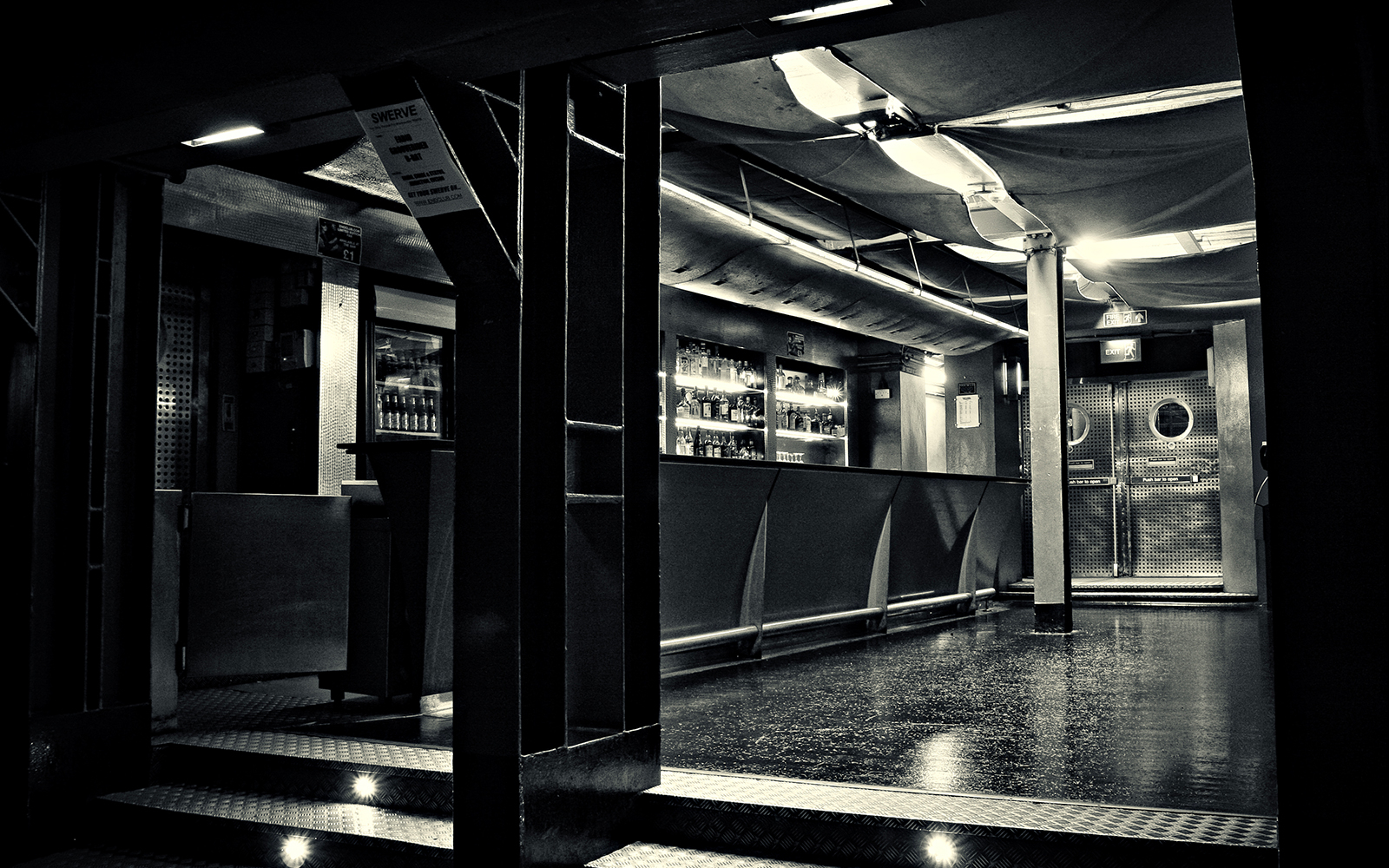
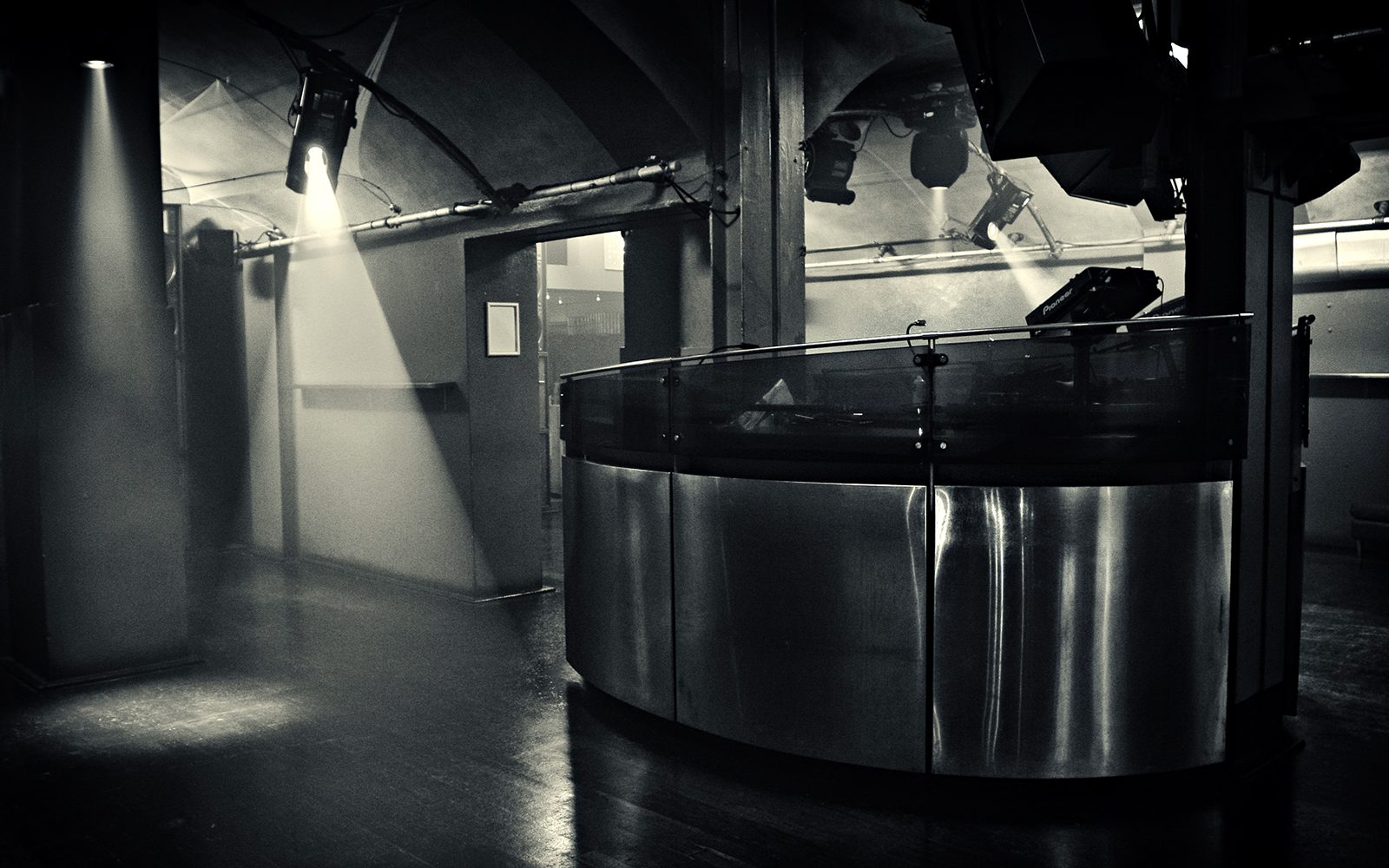
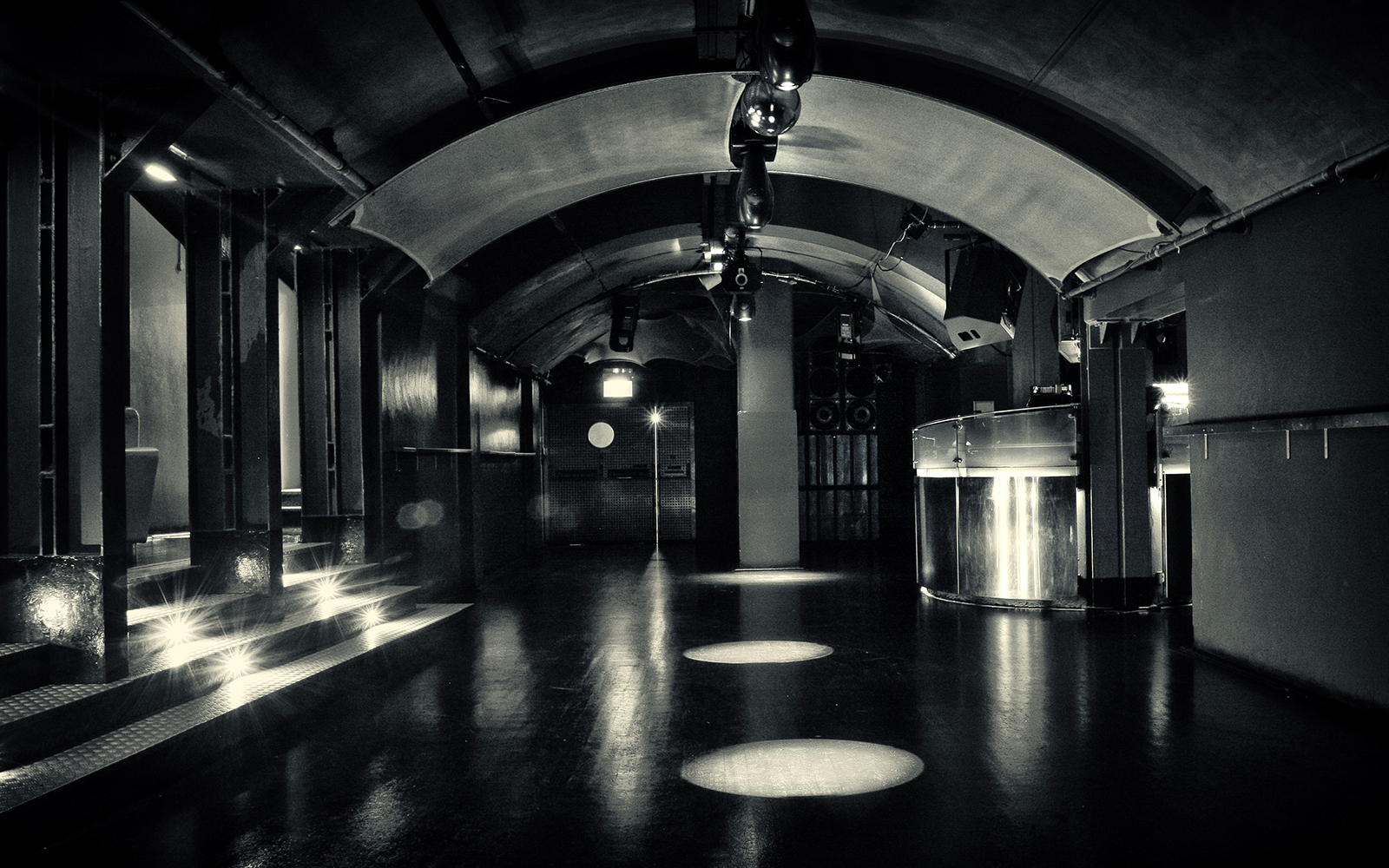
The corporatisation of Brixton has changed the vibe of an area once known as a raver’s paradise. One venue epitomising that truth is the Brixton Academy, sold in 1995 before becoming the TicketMaster affiliated O2 Academy. Academy Music Group now owns it, and late licence raves barely happen there. Simon Parkes got a deal on the place in 1983 when he bought it for a quid. It hosted well-known raves of the time, including West World, Return to the Source, Penn Dragon and Escape from Samsara. Parkes talks about it in his 2014 book Live At the Brixton Academy: A Riotous Life in the Music Business—which came close to being turned into a TV series in 2016. After being threatened by neo-Nazis, tolerating police brutality and dealing with gangs, he eventually threw in the towel, sold the venue and focused on family life. Parkes is now in talks with another film crew about a documentary version of his book. “We’re talking about the format right now and we’re thinking Breaking Bad and Narcos meets Mad Men. It’ll be part B-roll, part dramatised.”
Like Parkes, Layo Paskin, who co-ran London’s The End with his sister Zoë and The Shaman frontman Mr C, had reached a point when it was time to move on from music events. “There was still seven years left on the lease but I felt at that time I had to make a leap. There was a whole new generation of talented young people coming through. And I did think about reinventing myself as an artist, but I’d done that a couple of times and my heart wasn’t fully in the idea of DJing for another 15 years,” he explains. “At that time, I was also married and we wanted kids, so I thought, ‘Do I want to carry on doing this or do I want to do something new?'” But it’s not easy to move on, even when you think you’ve made the right choice. Layo felt this way not long after deciding to close the venue, which hosted the likes of Laurent Garnier, DJ Ink, Tiga, Gilles Peterson and Andy C. The lease to the building that housed The End was sold in 2008, a year before it closed. Selling “wasn’t the wrong decision, but literally, from the last party to days after recovering, my sister and I, we felt very bereft,” Paskin describes.
The End was also where Paskin met Bushwacka!, leading to the birth of tech-house duo Layo & Bushwacka!. Their adventures around the world were a source of inspiration for Layo and his sister when they later opened a string of restaurants, including Michelin Star eatery The Barbary. “I definitely miss it, you don’t get the same carefreeness playing around the world,” Paskin recalls, referring to his touring days. “But that experience of travelling to cool places to eat cool food—you really get into cuisine, so it’s kept me connected to that world I miss so much.” While operating restaurants is an entirely different world than running a music venue, both rely on the art of curation. “I’ve been doing all the playlists. It’s not the same as DJing, but it does enable you to open up to a wider scope of music and it allows me in a way to keep in touch with music,” Paskin notes.
There’s one theme connecting the experiences of Tiny, Club 414 and The End: they all continued to work in music in some capacity. It’s a similar story for Chris Sullivan, a musician-turned-promoter who helped conceive Wag Club—a pillar of London’s Soho district from 1983 until 2001. “When I first went to Soho, it was a red-light area. There were no bars, restaurants or music venues. The rates were really cheap and it’s why I could do what I did there with music and why it became the first venue in London to bring hip-hop with Afrika Bambaataa,” he tells me. It also hosted Chicago house music legends Tony Humphries, Frankie Knuckles, Lil Louis and Marshall Jefferson, as well as DJ Ritu and Maximum NRG, a duo that threw Bhangra night Bombay Jungle on Tuesdays. “Robert de Niro could sit in the corner, do his thing and not be bothered,” recalls Sullivan. “I never allowed cameras in there, that’s why there’s not many photos.”
Rents eventually went up as more venues emerged and the venue closed after it was sold to Irish pub company O’Neills for a cool £7 million. Sullivan published his book We Can Be Heroes in 2012 and currently writes for GQ, The Guardian and the Byline Times among other publications. He also lectures about Youth Culture at Central St Martin’s College, and maintains three DJ residencies while hosting a regular slot on Soho Radio and running his own radio station, Portobello Radio. Painting is now his major focus after he rediscovered it during lockdowns when there was nowhere left to DJ. This has led to an exhibition of his works at the Museum of Youth Culture and the preparation of another upcoming show scheduled for November. “Because I’d spent years entertaining people, being a host, I wanted to do something insular,” Sullivan describes.
“Even when something you love comes to an end, you have to groove on, you have to keep moving, change with the times. You gotta roll with the punches.”

Once one of Brixton’s longest serving and most loved venues, Club 414 has been without a home since they were kicked out into the street by associates of rich socialite DJ Taylor McWilliams & Co. in May 2019.

While they’re seeking a new venue, the club is keeping the spirit alive with occasional ‘road shows’ in other venues, and next Friday week they’re at Union in Vauxhall, with an old-school all- nighter running till 7am.
Club regulars will spot plenty of familiar faces in the DJ line up, and it promises to be something of a reunion event for Club414’s community.
They told Brixton Buzz:
Please rest assured, the Club 414 team will find that unique place where we can as before build back the home for London’s Hard House, Trance, Psytrance & Techno families.
More info
Friday 25th March 2022
Psychedelic Trance
23:00 – 07:00
The 414 Road Show,
66 Goding Street, Vauxhall, London, SE11 5AW.
United Kingdom.
PRICE: £12 Tickets from www.club414.org
Join the forum discussion
To ensure editorial independence, Brixton Buzz accepts no advertising, sponsorship or funding. If you’d like to contribute to our running costs,
you can donate here. Thank you.
[Above: how the 414 Club looks today]
==============================================
Met Police, Public Protection Team and Lambeth Licensing Authority all object to revised licence application for Brixton’s former 414 Club

An application to vary the premises licence for the former legendary 414 Club on Coldharbour Lane will be heard by the Lambeth Council Licensing Sub-Committee on 9th March.
The club is being rebranded as Ton of Brix. The application seeks to vary the premises licence, to change the layout of the premises and to extend licensable area to the second floor. An alcohol and live music licence is requested for everyday, midnight to midnight – 24/7.
The Met Police, the Lambeth Public Protection Team and the Lambeth Licensing Authority have all submitted representations against the plans.
Concern comes from the Met over the prevention of crime and disorder, the prevention of public nuisance, and public safety. The Met lists a lengthy set of conditions that would make the application acceptable.
The Lambeth Public Protection Team note the:
“Lack of detail and clarity on many of the changes made. We ask that this application is rejected until the applicant adequately addresses our concerns.”
414 Club closed in 2019. The couple who ran the club were evicted and thrown out into the street after living above their club premises for over 30 years.
The current ownership and licence application is complicated. London and Associated Properties (LAP) bought the club’s in 2006. In January 2019 LAP created the company, Coldharbour APL Ltd, which owns the building.
The application to the Licensing Sub-Committee has been made by Coldharbour APL Ltd of Saville Row. Companies House lists the business as ‘buying and selling of own real estate.’
LAP previously owned Brixton Village. It sold the indoor market to Hondo Enterprises in 2018.
LAP has four Directors based at the London office of Angelo Gordon, a finance company based in New York. Hondo Enterprises is a joint venture with Angelo Gordon. Texan socialite Taylor McWilliams is a Director of Hondo Enterprises, but not of Coldharbour APL.
It seems that the extreme high powered finance world has bought in some local Brixton credibility. The new Ton of Brix venture will be run by Brixton Jamm and electronic music promoters Percolate.
It looks like the Ton of Brix name has been lifted from a wonky YouTube video from 2012.



